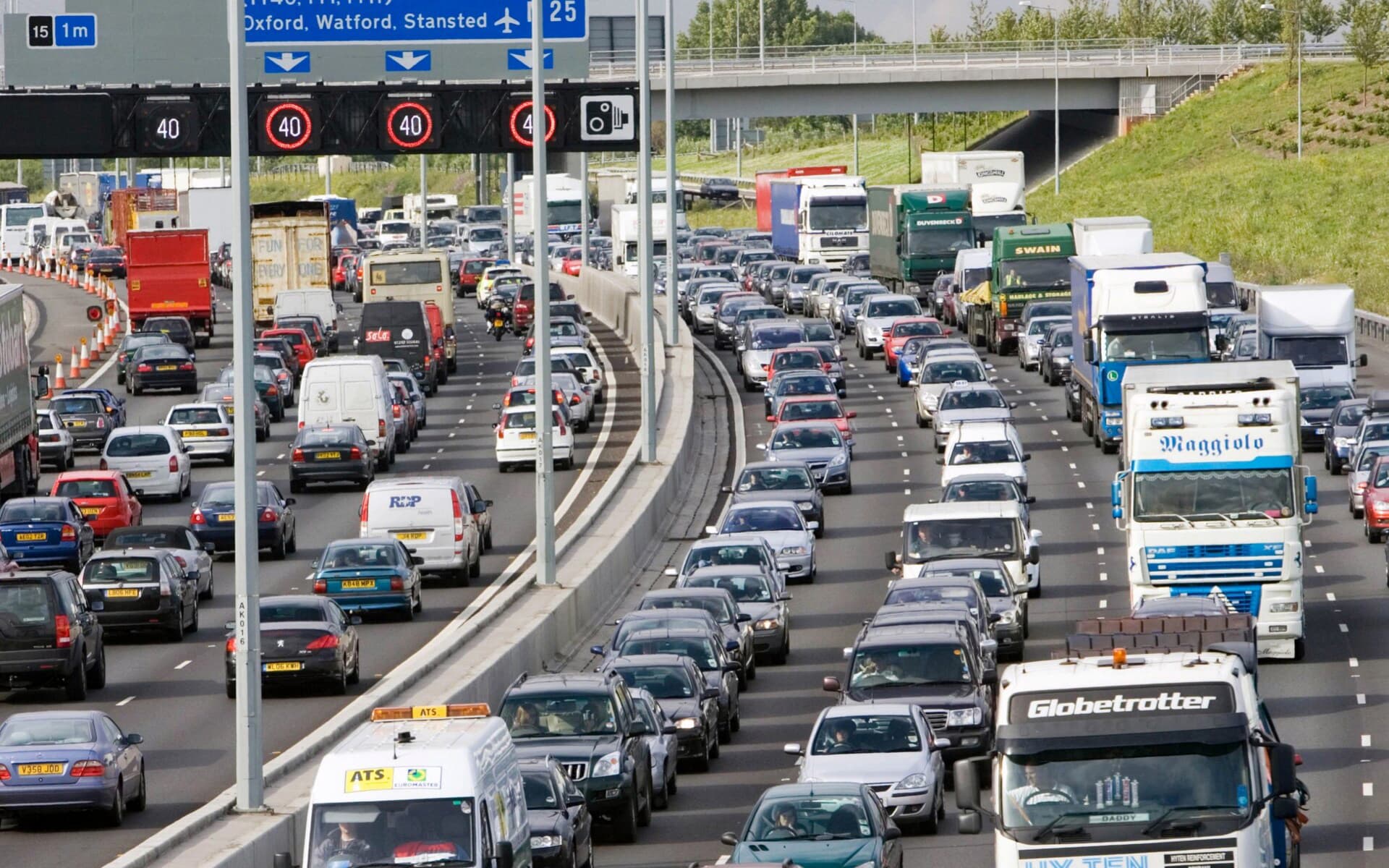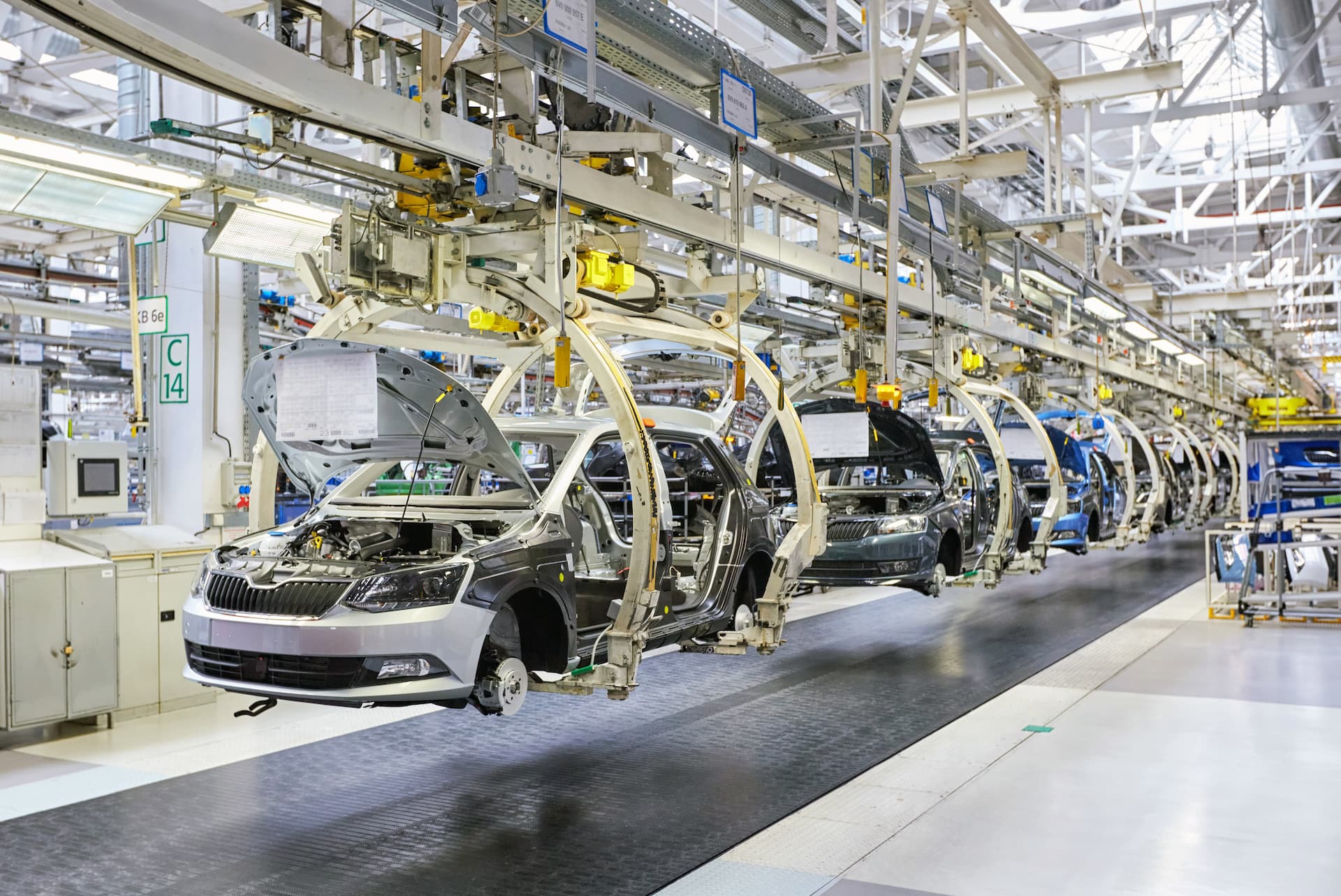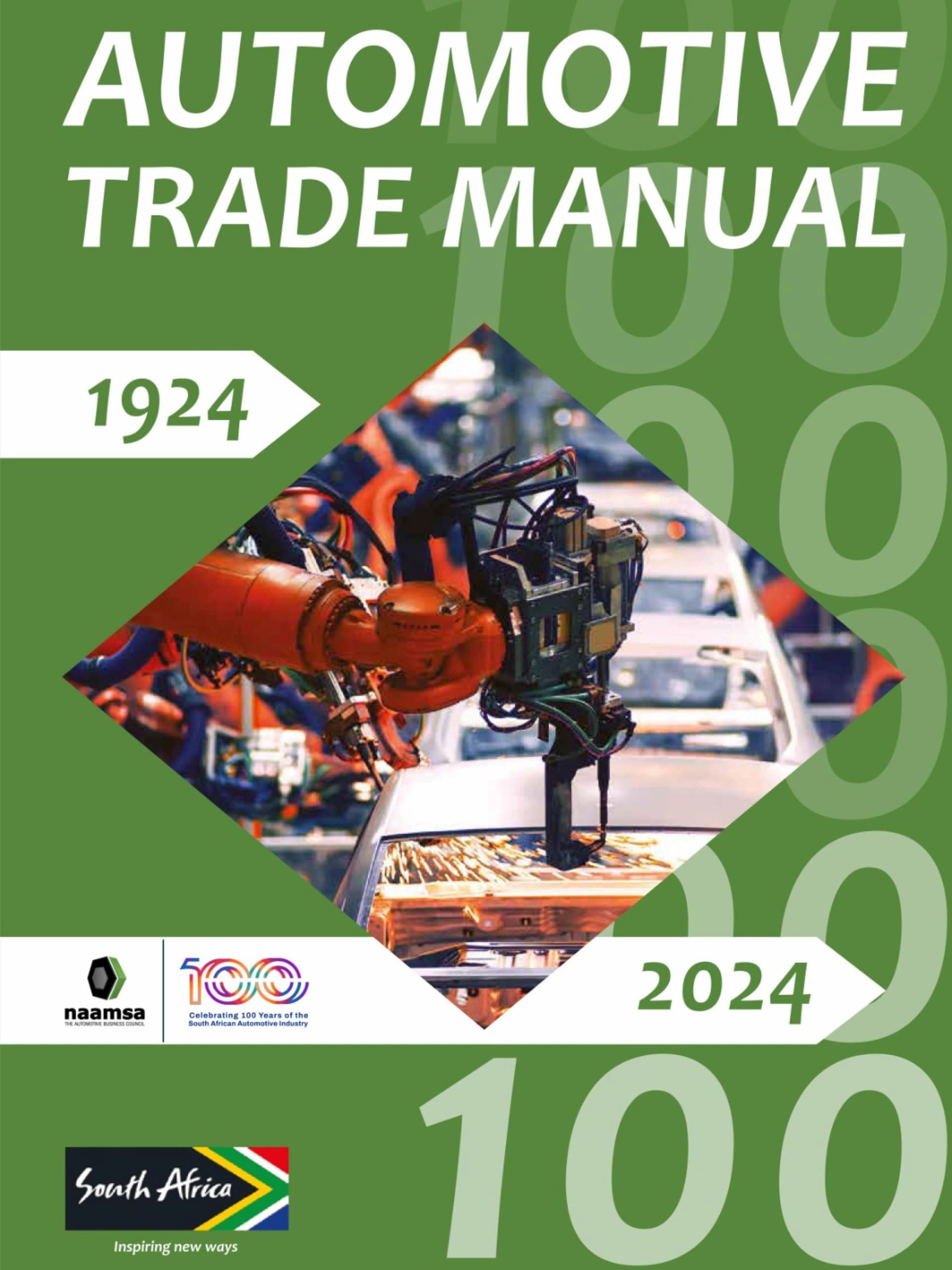After two years of turbulence, the last of the COVID-19 rules have finally lifted. Masks are no longer mandatory in England and requirements for self-isolation have lifted. Scotland, Wales and Northern Ireland have followed suit within days as we learn to live with the virus.
Traffic has returned to near pre-pandemic levels but spiralling costs are hampering the bounce-back. A labour shortage, wage inflation, rising energy prices, parts delays, and long waiting lists for new vehicles are among key concerns.
“I think COVID has actually masked a lot of the Brexit issues around labour shortage and parts supply issues,” one repairer told me.
Body shops are expected to supply free loan cars to customers for the duration of a repair, but the industry is experiencing availability issues for replacement stock. Most loan cars are on one- or two-year contracts but because of a shortage in new car production, coupled with higher prices, many body shops must extend the initial lease length of their fleets. The days of the £99 per month deal have long gone and waiting times for new cars are typically three or four months.
“We are all in the same boat and doing our best to provide a service to our work provider customers; everyone is trying to do their best,” said one owner of a body shop group. “We have 100 courtesy cars on order that we can’t get hold of. I don’t think any of us have been as challenged as we are now. We have parts, staff and car supply issues. We’ve had to lose some courtesy vehicles because to keep them on after the end of the lease contract would cost us more money.”
Unmet promised delivery of new vehicles is adding to the problem.
“We ordered 99 Ford Pumas back in September 2021 and were told we would receive them in October,” said another body shop owner. “It then got pushed back to December, then March and then they said the cost had gone up £50 each per month. With 99 vehicles that is an extra £4950 a month just on courtesy cars. We just couldn’t do it because we don’t get paid for courtesy car provision.”
Some repairers are searching for an alternative to providing a courtesy car to every customer.
“We are looking to move the loan car expectation and talking to customers to see if they would accept a donation to charity or a financial offer instead,” said one of the largest groups, which has 300 courtesy cars. “We seem to be getting a good reaction because not every customer needs a replacement loan car if their car is drivable, or they have alternative transport, so we are putting together a plan of how we can address that moving forward and eradicate the need for everybody to have cars. We want to move towards providing cars to those [who] definitely need them as opposed to providing one just because an insurance company says we must.”
The supply of parts from vehicle manufacturers is probably the worst it has ever been.
“We have spoken to all our work providers to advise them of the difficulties and all we can do is communicate with our customers as best we can,” said one repairer. “Around 25 to 30 of the cars we have in for repair are waiting for parts and we can’t start work on them because we don’t know when the parts will arrive. I have never seen parts on back order as much as I do now. Even simple things like bumpers and trim pieces that you could normally get next day delivery are taking a week or more. We are just trying to focus on what we can and speak to insurers and customers about using green parts as an alternative.”
Another body shop group manager with three sites told me they currently have more than 100 parts on back order for two weeks or more. “The fitting of green parts provides an alternative, so if there are supply issues, we can use the likes of eBay to source parts to repair a car (with the customer’s permission) so we can return it and invoice it,” he said.
He added that work providers measure cycle time, but targets are now harder to hit. Compounding the problem is that less OEM parts are held at dealers – most of the stock is held in Europe. We are currently seeing 12 per cent of dealer-supplied parts taking five or more days to arrive.
“Last year we fitted nearly 1000 green parts,” he added, “which as a total percentage of parts is still small at three per cent but is growing every year. This is driven by work provider mix – for one insurer the figure for green parts is well over 20 per cent.”
The repairer said the ability to use green parts depends on several factors including insurer encouragement, consumer acceptance and the condition of the parts. “We would fit even more green parts if we had easy and constant access to the parts. The type of parts available varies from different recycled parts suppliers, some strip cars down whilst others only remove the swinging panels, and we have to remove the bits we do not need. There are costs involved in fitting green parts that we do not have with genuine or non-genuine parts,” he said.
Another multi-site body shop group manager observed that the UK industry has long disregarded the opportunity of using green parts. “Whilst we may have done so on a few jobs to save old vehicles, it has never been explored to the extent that it has operational influence, along with environmental benefits,” he said. “In the USA, for example, they are advocates for the use of recycled panels. Our neighbours in France implemented a new law in 2017 – they called it the Energy Transition for Green Growth, which encourages automotive garages and repairers to use remanufactured parts if available and deemed non-safety related and fit for use. This is supported by the insurer clients operating in France.”
The need to adapt and change existing behaviours is echoed by many. “We have got to look at alternative ways to operate and find new ways of working around the problems that have been produced through the pandemic and ongoing post-Brexit,” one insider told me. “I think if we don’t change from the traditional model, i.e., you must give a car, you must buy parts here, you must do that, we are going to struggle as an industry.”






